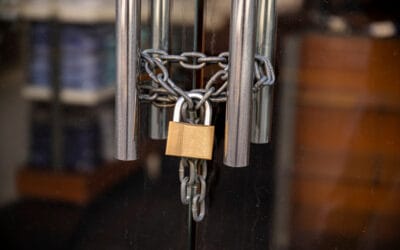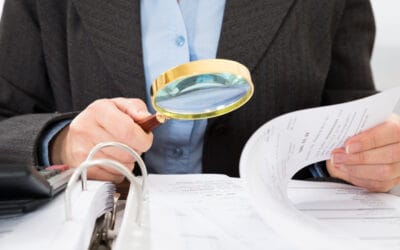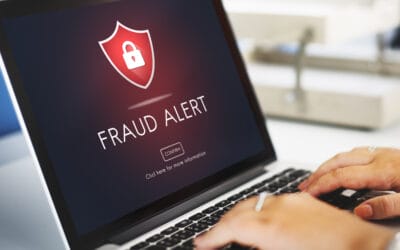Consider this scenario: Maria is a volunteer at a nonprofit organization providing educational support to underprivileged children in her community. She has been helping out for years and is a trusted member of the volunteer team—so trusted, in fact, that she is...
INSIGHTS
Home »
Unraveling the Mystery: A Business Owner’s Quest to Investigate Financial Fraud in His Company
Business owners who suspect fraud is being committed by someone in their organization might be forgiven for believing their story has just become a tragedy. Trust is, after all, the backbone of any successful business, and discovering fraud can shake an owner’s faith...
Five Best Practices to Safeguard Your Business As You Launch a Financial Fraud Investigation
The threat posed by rogue employees is real—and expensive. Every year, five cents of every dollar a business earns is stolen by internal fraudsters, according to data from the Association of Certified Fraud Examiners, with the average loss from a fraud case now...
Investigating Employee Embezzlement: Effective Measures to Protect Your Business
Recently, our team completed a significant financial fraud investigation for a small business that fell victim to the three-headed monster of employee fraud, waste, and abuse. Investigating this employee embezzlement case reminded us once again that—though the...
Forensic Accountants Can Play Critical Role in Helping Lawyers Succeed in Ponzi Scheme Investigations and Litigation
The Ponzi scheme just won’t go away. In fact, fraudsters have been particularly adept at updating their schemes with new technology and new pitches to potential victims—a fact that further complicates the ability of legal professionals to investigate and...
A ‘Five Alarm Fire’ Culture May Be a Red Flag for Workplace Fraud
Some workplaces operate as if they are fully engulfed in a five-alarm fire. Employees consistently scramble to meet deadlines, the team is stressed, the work is intense, and far from helping to put out the blaze, managers contribute to the disarray with poor...
Is Your Employee Just Stressed—or Dishonest? Four Subtle Signs to Watch Out for in Your Small Business
While building trust with your team is fundamental for a small business owner, it's important to be vigilant. Think, “Trust but verify.” Employee dishonesty isn’t just about obvious behavior, like stealing office supplies or embezzling money, it can include any number...
What One Bad Apple Employee Can Teach Us About Avoiding Corruption and Collusion
For a decade, Dhirendra Prasad worked primarily as a buyer in Apple Inc.’s Global Service Supply Chain department. As far as Apple was concerned, Prasad’s job was helping buy parts and services to repair older devices. Trusted and well-paid, the 50-something...
How Economic Turmoil Fuels Employee Fraud: Warning Signs and Prevention Strategies
Economic turmoil can create a perfect storm for employee fraud, as companies sacrifice compliance activities to save money, and financial insecurity and temptation among workers increase. To protect your business from potential fraud, it’s important to be aware...
Four Strategies Your Business Can Use to Fight AI-Powered Financial Fraud
Artificial intelligence (AI) has the potential to transform the way we do business, making companies, as The Economist once put it, “swifter, cleverer, and leaner.” Unfortunately, legitimate businesses aren’t the only ones with access to AI tools. As financial...
Five Fraud Prevention Lessons Investors and Stakeholders Can Learn from the Theranos Scandal
The long-running financial fraud investigation and subsequent criminal cases involving Theranos Inc. offer a cautionary tale on how easily investors and stakeholders can be deceived by company insiders. Theranos founder Elizabeth Holmes raised more than $700...
Putting the Puzzle Pieces Together in a Financial Fraud Investigation
In a financial fraud investigation, using technology to marshal big data can be a major help. But it’s just one piece of the puzzle. To complete the picture, a fraud investigator must rely on information gathered from a disparate array of sources—everything from...












